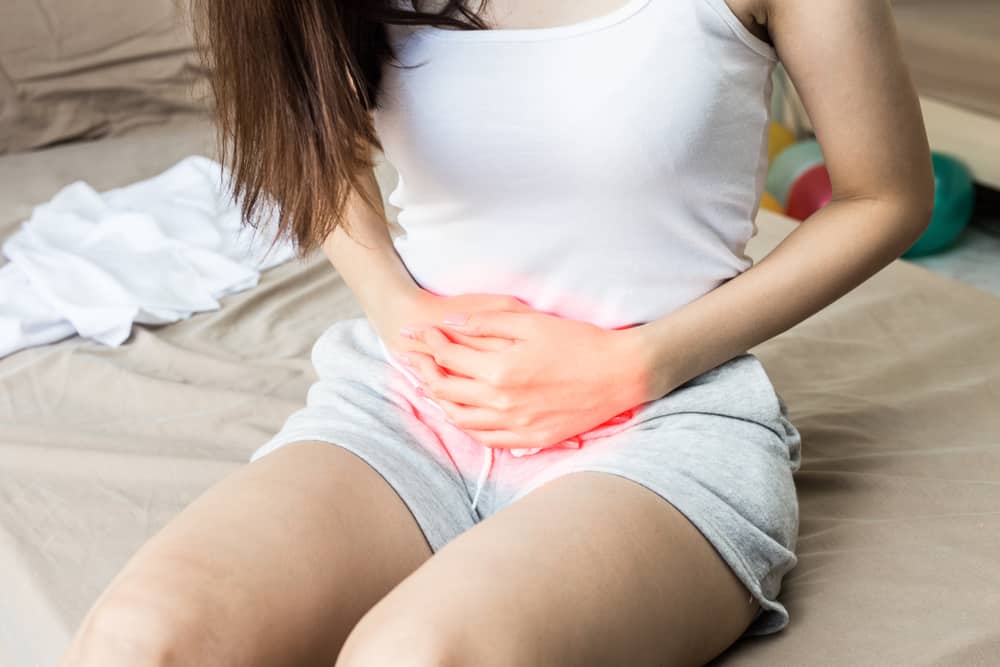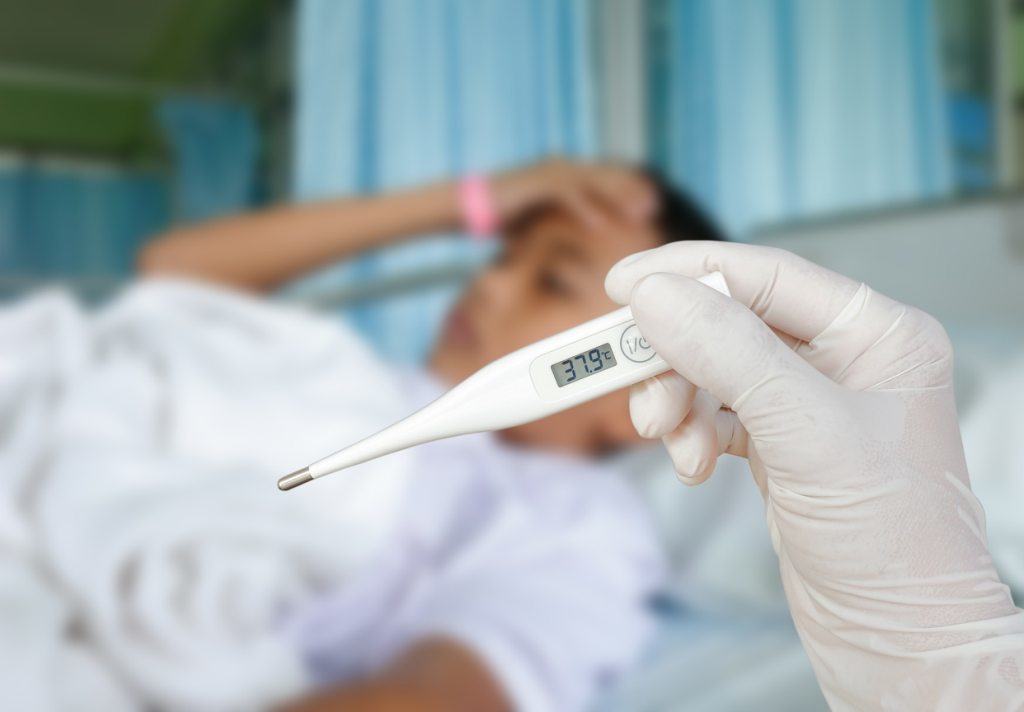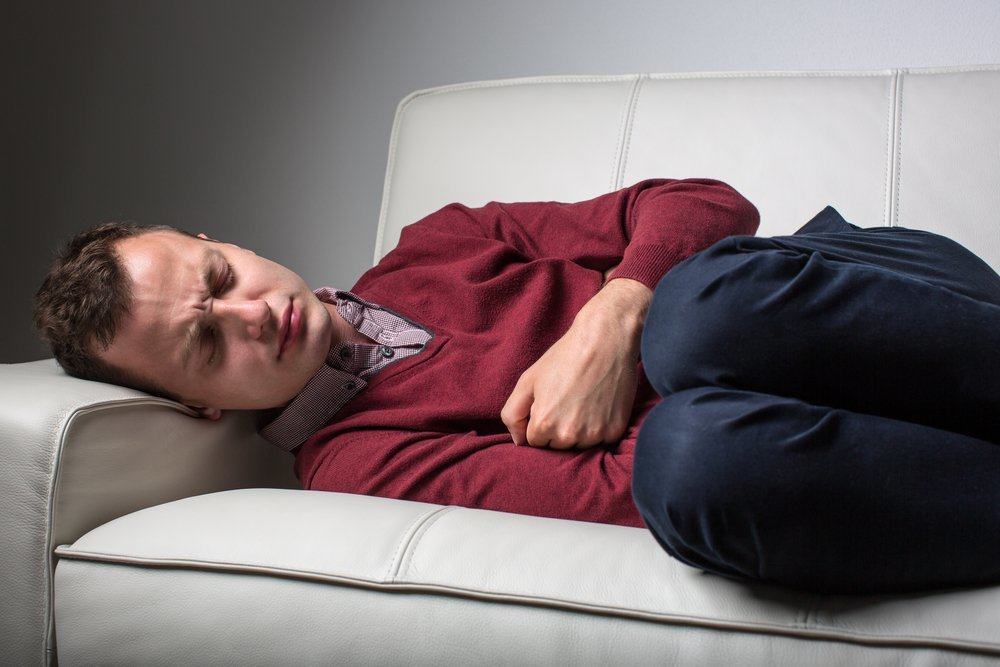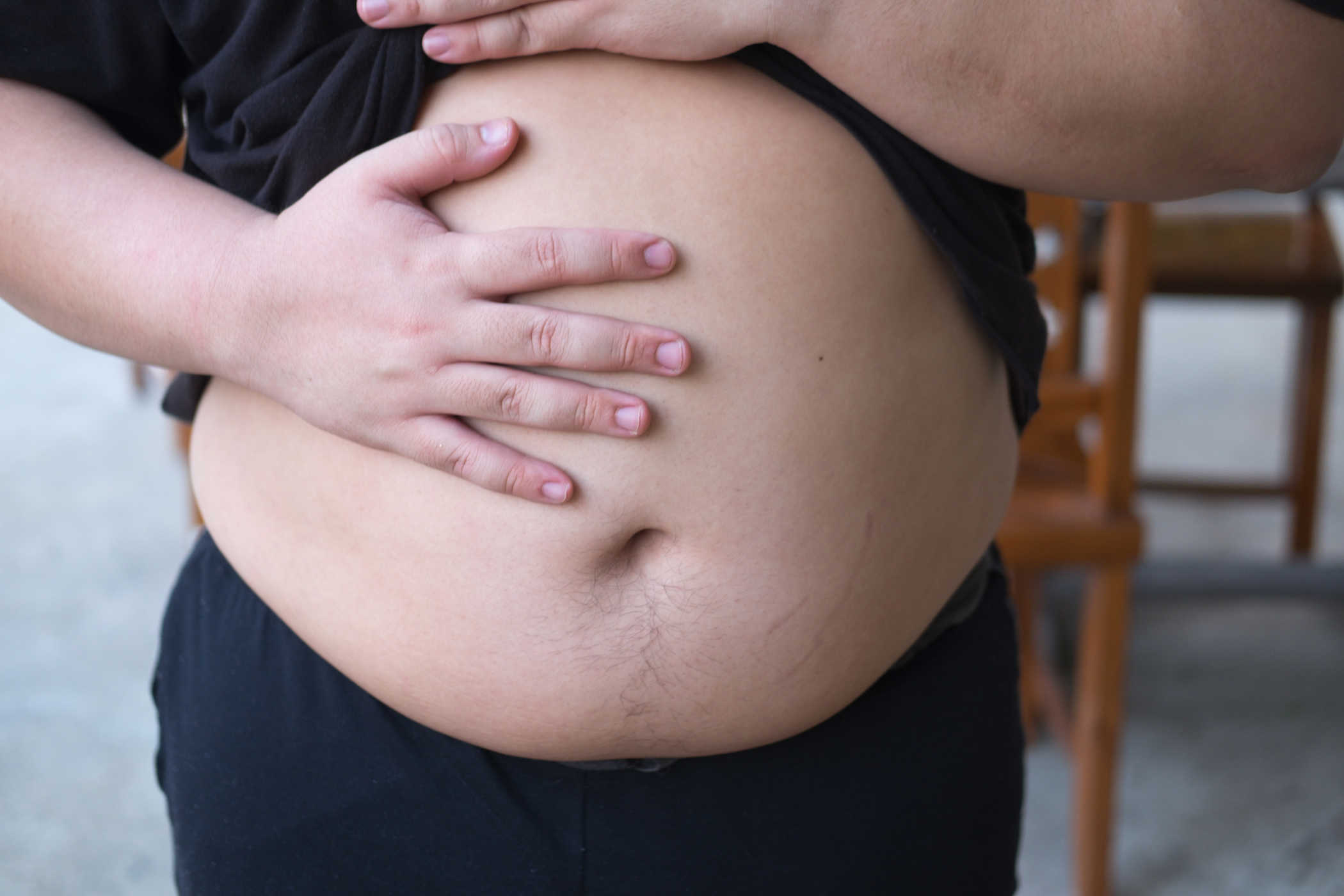Contents:
- Medical Video: Anal Fissures healed with urine therapy
- What is anal fistula?
- What is the cause of anal fistula?
- What are the symptoms of anal fistula?
- Treatment for anal fistulas
Medical Video: Anal Fissures healed with urine therapy
Do you feel pain or pain when you defecate? Or when sitting too long? If so, maybe you have anal fistula. This condition usually does not improve on its own, so special medical measures are needed. Then, what exactly is an anal fistula? Is it dangerous?
What is anal fistula?
An anal fistula or anal fistula is the formation of a small duct between the tip of the large intestine and the skin around the anus. On the surface of the skin, one or more fistula holes can be seen, and pus or feces can come out from the hole when defecating.
Anal fistula is more common in men aged 20-40 years and occurs 1 to 3 cases per 10,000 people. Most fistulas are the result of an infection that starts in the anus gland (cyptoglandular) which causes a small abscess (collection of pus).
The abscess then swells, including on the outside of the anal gland. An abscess will be difficult to get out of the anal gland, which causes inflammation that extends to the perineum, anus, or all. So that it forms an abscess in the anus and then becomes a fistula.
What is the cause of anal fistula?
So this condition occurs when the glands around the anus are blocked. When the gland is blocked, the bacteria will accumulate until it causes infection in the tissue. Finally, the alias is a collection of pus appears.
Now, when the abscess is not immediately handled properly and does not heal after pus is removed, you will risk anal fistula.
Finally, this collection of pus will make its own way out until a hole appears in the skin around the anus. An estimated 40 percent of patients with abscesses will form fistulas.
However, anal fistulas can also be caused by certain conditions such as:
- Crohn's disease, a long-term condition in which the digestive system becomes inflamed
- diverticulitis, infection of a small bag that can come out of the side of the large intestine
- hidradenitis suppurativa, a long-term skin condition that causes abscesses and scar tissue
- tuberculosis (TB) or HIV infection
- complications of surgery near the anus
What are the symptoms of anal fistula?
Symptoms of fistula can include:
- skin irritation around the anus
- pain and pain that may get worse when you sit, move, defecate, cough
- foul smell near the anus
- pus or blood out when urinating
- swelling and redness around your anus and high body temperature (fever), if you also have an abscess
- in some cases, it is difficult to control bowel movements (oral incontinence)
- the tip of the fistula may be seen as a hole in the skin near your anus
Treatment for anal fistulas
There is no cure for this condition, so surgery is needed. Surgery can usually be done in a clinic or in a hospital.
- For simple fistulas that are not too close to your anus, the doctor will cut the skin and muscles around the fistula. This allows the opening to heal from the inside out.
- The doctor may use a plug (plug) to close the fistula.
- For more complicated fistulas, the doctor may place a tube, known as a seton, into the opening. This helps drain the infected fluid before surgery. This can take 6 weeks or more.
Depending on where the fistula is, your doctor may have to cut the sphincter muscles that open and close your anus.












